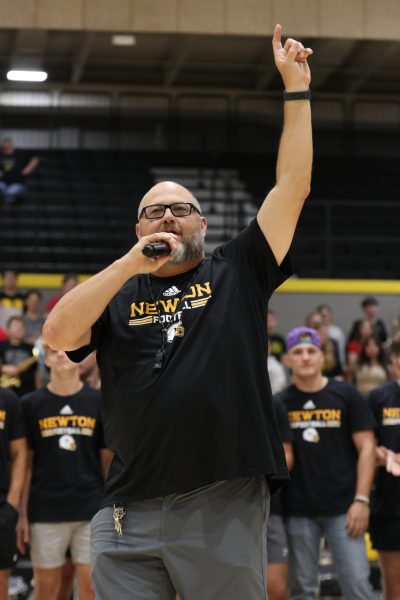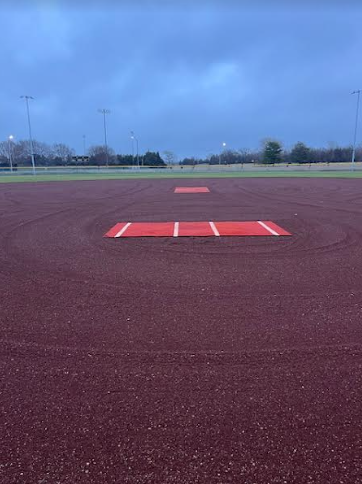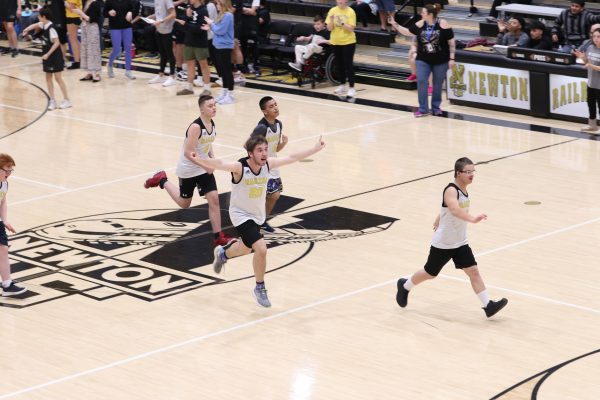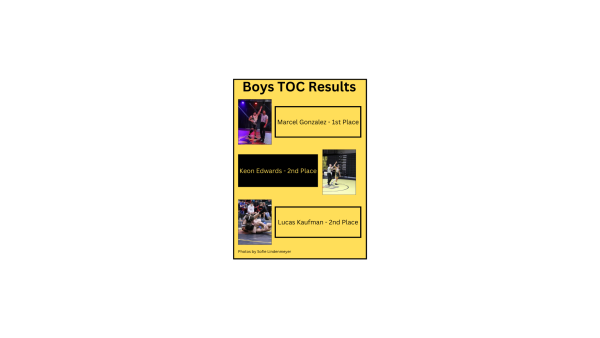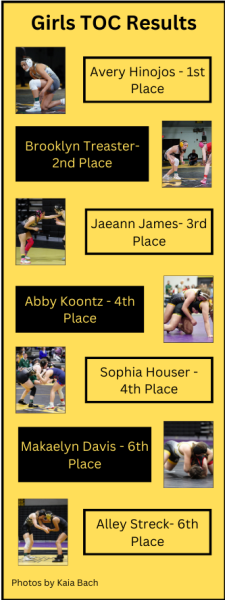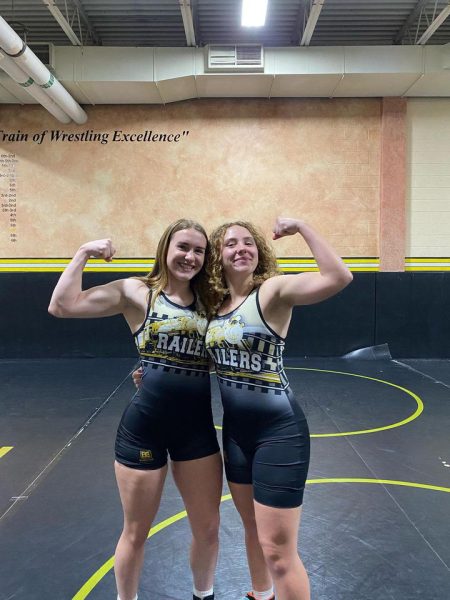Every team dreams of a state title. Whether they have a roster full of natural D1 talent, or just a few average players, they all have the dream. However, these hopes are deemed impossible by the realization of the insane talent in the various private schools.
According to the Kansas State High School Athletic Association (KSHAA), its members “must refrain from recruitment, inducement or other forms of persuasion and undue influence which would encourage a student to enroll in or transfer to a school primarily for activity purposes…The offer or acceptance of money, room, board, clothing or other valuable considerations to a student, or a student’s parent or guardian,” is forbidden.
This being said, there are loopholes in the system. These loopholes are much easier for private schools to take advantage of than public ones. These schools may not be able to legally offer hard cash or reduced tuition but they can offer playing time and college connection benefits. The only way public schools can recruit is by flaunting a good program. That is, a good program by public school standards.
According to High-Schools.com, there are 63 private schools in Kansas out of 474 high schools. That leaves plenty of room for a couple of divisions for a separate private school state competition. Private schools should still play with publics for the sake of a diverse and long season. However, when it comes to post-season, public vs. private school play should be out of the picture.
Since 2007, St. Thomas Aquinas, a private school in the Kansas City area, has had 58 athletic state championships throughout the 16 sports they offer. This means, on average, over six state championships per year. Denying they have some kind of advantage is outrageous.
Private schools have a larger budget since money comes from donors and alumni, not the limited state budgets. A larger budget allows for private schools to have nicer uniforms, better quality equipment and can pay their coaches more. With the history of strong athletics, many colleges are more likely to look at private schools first for recruiting, giving these athletes an advantage for their post high school athletic careers.
Today, it is a privilege and an incredible feat for any public school to make it to the semi-finals of a state competition, let alone win. All schools should have an equal chance and the same opportunity to achieve its dreams. With a separate private school state competition, this could be made a reality.

Michaela Regier is a senior and has been on The Newtonian Staff three years. She was a reporter her Sophomore year and has been Sports Editor her Junior...

